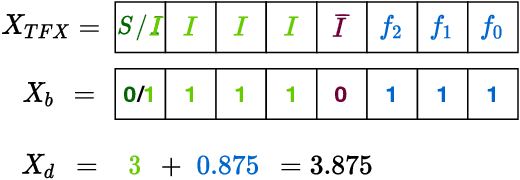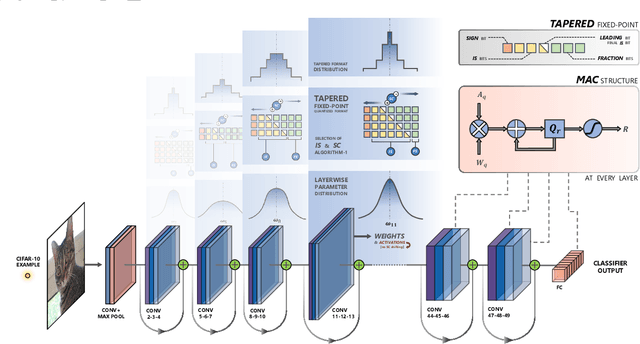Vedant Karia
NeuroBench: Advancing Neuromorphic Computing through Collaborative, Fair and Representative Benchmarking
Apr 15, 2023



Abstract:The field of neuromorphic computing holds great promise in terms of advancing computing efficiency and capabilities by following brain-inspired principles. However, the rich diversity of techniques employed in neuromorphic research has resulted in a lack of clear standards for benchmarking, hindering effective evaluation of the advantages and strengths of neuromorphic methods compared to traditional deep-learning-based methods. This paper presents a collaborative effort, bringing together members from academia and the industry, to define benchmarks for neuromorphic computing: NeuroBench. The goals of NeuroBench are to be a collaborative, fair, and representative benchmark suite developed by the community, for the community. In this paper, we discuss the challenges associated with benchmarking neuromorphic solutions, and outline the key features of NeuroBench. We believe that NeuroBench will be a significant step towards defining standards that can unify the goals of neuromorphic computing and drive its technological progress. Please visit neurobench.ai for the latest updates on the benchmark tasks and metrics.
TENT: Efficient Quantization of Neural Networks on the tiny Edge with Tapered FixEd PoiNT
Apr 06, 2021



Abstract:In this research, we propose a new low-precision framework, TENT, to leverage the benefits of a tapered fixed-point numerical format in TinyML models. We introduce a tapered fixed-point quantization algorithm that matches the numerical format's dynamic range and distribution to that of the deep neural network model's parameter distribution at each layer. An accelerator architecture for the tapered fixed-point with TENT framework is proposed. Results show that the accuracy on classification tasks improves up to ~31 % with an energy overhead of ~17-30 % as compared to fixed-point, for ConvNet and ResNet-18 models.
 Add to Chrome
Add to Chrome Add to Firefox
Add to Firefox Add to Edge
Add to Edge